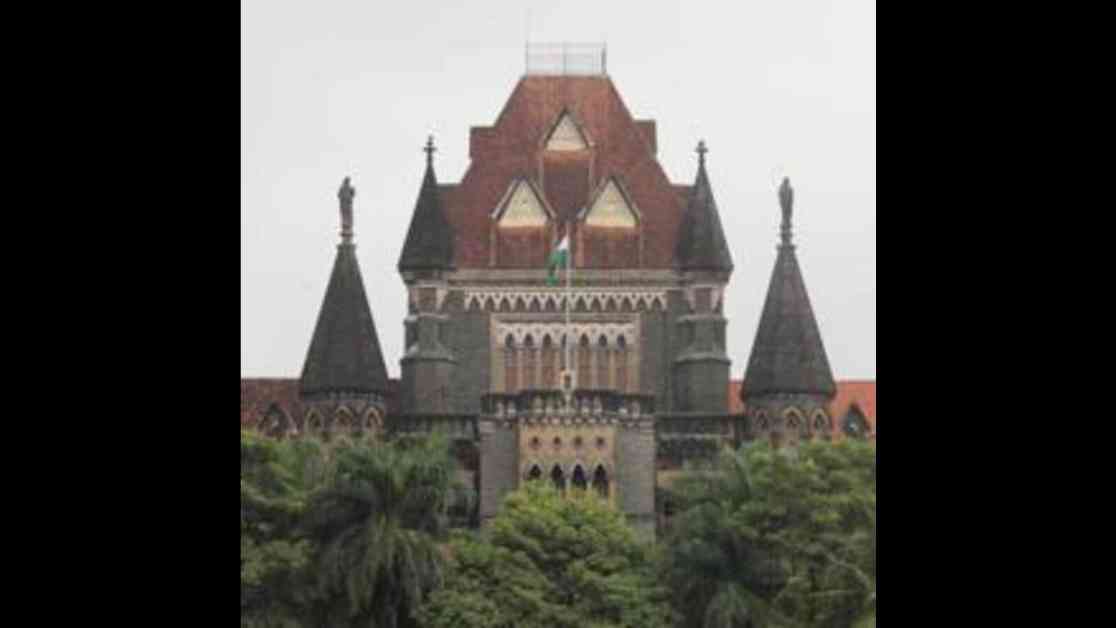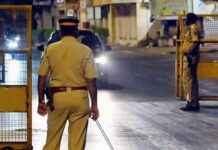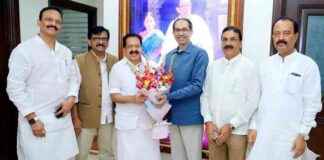The Bombay High Court has issued a directive to the Maharashtra government to provide a detailed timeline for the recruitment of medical professionals in government hospitals by February 20. This comes in light of serious concerns over the significant number of vacant medical officer positions in state-run hospitals across Maharashtra, despite the allocation of substantial funds and the passage of time.
During a hearing on a public interest litigation regarding the tragic deaths of 38 patients, including 18 infants at a government hospital in Nanded and 26 patients at a state-run hospital in Chhatrapati Sambhaji Nagar, the court expressed dismay over the lack of progress in filling these vacancies over the past three years. Advocate Mohit Khanna pointed out that 139 advertisements were issued for 558 posts, yet there has been little movement in the recruitment process.
Jan Arogya Abhiyan, an intervenor in the case, emphasized that infrastructural development in government hospitals remains inadequate, with only 7.25% of the budget being utilized for medicines and medical supplies. Government Pleader Neha Bhide assured the court that the remaining funds would be fully utilized by March 31 to expedite development, prompting the court to question the delay in providing immediate medical treatment to patients in need.
Chief Justice Alok Aradhe and Justice Bharati Dangre instructed the state government to submit a comprehensive report outlining the recruitment timeline, along with a concrete expenditure plan. Additionally, they requested a detailed report on infrastructural improvements, existing vacancies, and ongoing advertisements in government hospitals. The court emphasized the urgency of addressing gaps in the healthcare system and vowed to issue effective directives to ensure better healthcare services for the people of Maharashtra.
The next hearing on this matter is scheduled for February 20, with the state government expected to provide a compliance affidavit on the same day. Stay tuned for further updates on this critical issue affecting public healthcare in Maharashtra.
Challenges in Healthcare Recruitment
Recruiting medical professionals for government hospitals has long been a challenging task, with a shortage of qualified candidates and bureaucratic delays often hampering the process. The current situation in Maharashtra highlights the pressing need for efficient recruitment strategies to ensure adequate staffing levels and quality healthcare services for all residents.
Expert opinion on this matter is divided, with some pointing to systemic issues such as red tape and administrative inefficiencies as major barriers to timely recruitment. Others argue that a lack of competitive salaries and benefits for medical professionals in the public sector deters qualified candidates from applying for vacant positions, exacerbating the staffing crisis in government hospitals.
Addressing these challenges will require a multi-faceted approach, including streamlining the recruitment process, offering competitive compensation packages, and investing in infrastructure and training programs to attract and retain skilled healthcare professionals. By prioritizing these initiatives, the Maharashtra government can improve the recruitment and retention of medical staff in government hospitals, ultimately enhancing the quality of healthcare services for all residents.
Impact on Public Health
The shortage of medical professionals in government hospitals has far-reaching consequences for public health in Maharashtra. With vacancies remaining unfilled and critical positions left understaffed, patients may face increased waiting times, reduced quality of care, and limited access to essential medical services.
The recent incidents of patient deaths at government hospitals underscore the urgent need for comprehensive reforms in healthcare recruitment and staffing. By addressing these issues promptly and effectively, the Maharashtra government can ensure that all residents have access to timely, high-quality healthcare services and prevent future tragedies from occurring due to staffing shortages and inadequate resources.
As the state works to address these challenges and improve recruitment practices in government hospitals, it is essential to prioritize the well-being and safety of patients, provide adequate support for medical professionals, and create a sustainable healthcare system that meets the needs of all residents. Only through collaborative efforts and strategic interventions can Maharashtra overcome the current staffing crisis and build a stronger, more resilient healthcare infrastructure for the future.




















